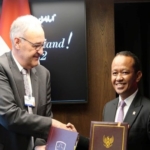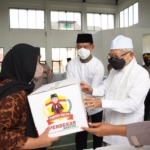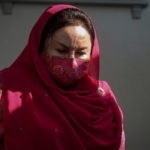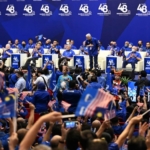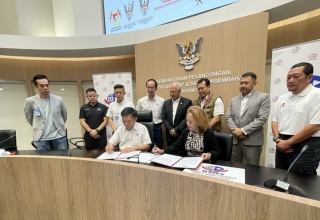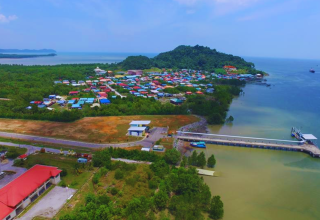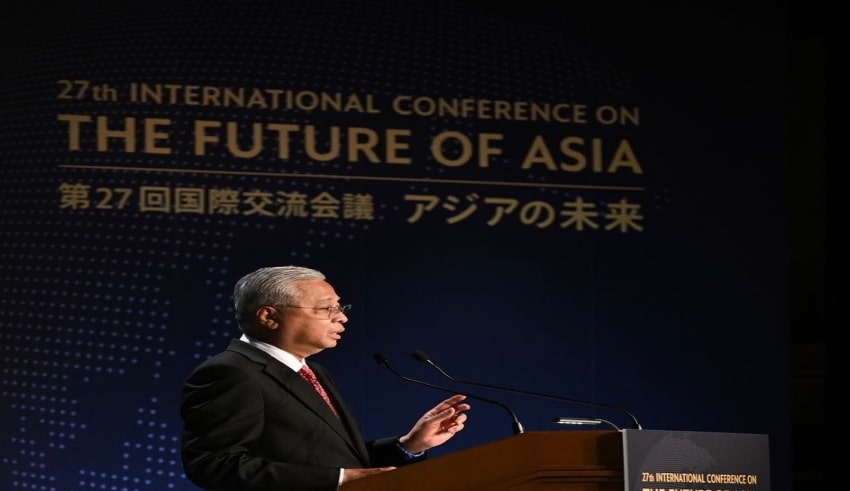
 Malaysia – In the face of growing inflation, Malaysian Prime Minister Datuk Seri Ismail Sabri Yaakob has said that he has no plans to hold a general election anytime soon, despite reports that elections might be scheduled by the end of the year.
Malaysia – In the face of growing inflation, Malaysian Prime Minister Datuk Seri Ismail Sabri Yaakob has said that he has no plans to hold a general election anytime soon, despite reports that elections might be scheduled by the end of the year.
In an interview published today in Nikkei Asia, he said that increasing food prices and other living expenditures were among the reasons for delaying the polls, which only need to be held by September next year.
“We’ll have to wait until the right time [to call elections]. We’re in the midst of a rising inflation marked by high costs. Do you believe now is the appropriate time?” He told the world’s largest financial newspaper, which has a daily readership of over three million people in Japan.
Many people, including members of his own party, Umno, have pressed the prime minister to announce an early election, according to the article.
Related Posts
“The election cannot be postponed beyond the constitutional deadline, but we must consider the present circumstances if we want it to be held sooner.”
He was reported as stating, “God willing, I’ll make a move at the right time.”
According to Malaysia’s Statistics Department, the Consumer Price Index increased by 2.2 percent in March this year, mostly owing to rising food expenses, as Ismail Sabri referred to the Russia-Ukraine conflict.
In an interview with Nikkei, the Umno vice-president also said that he wants to reinstate the consumption tax in order to increase government income and reduce the burden on public subsidies.
The contentious 6% goods and services tax (GST) was implemented by the Najib government in 2016, but was replaced by the sales and services tax when the Pakatan Harapan coalition won federal power in 2018.
Ismail Sabri, who is well aware of the GST’s negative public reputation, told Nikkei Asia that there are few possibilities for generating income.
When the GST was repealed and replaced with the SST, he claimed that RM20 billion in yearly income was lost.
Except for Malaysia, he was cited as adding, “No nation in the world has returned from GST to SST.”
He went on to say that the government will establish measures to educate the people in order for them to accept the reinstatement of GST and the collecting of taxes in a transparent manner.
He also said that his government is working on a targeted subsidy rationalization program for low- and middle-income families, and that the proposal would be presented to the Cabinet in due time.
Malaysia’s central bank, according to Nikkei Asia, supports the idea to restore the GST since it would significantly reduce the government’s financial burden.
A lengthy European conflict, according to the article, may drive up gasoline and imported food costs even more, draining the government’s coffers.
The government’s entire fuel subsidy expenditure this year is estimated to be RM28 billion, up from RM11 billion last year, according to Nikkei.

